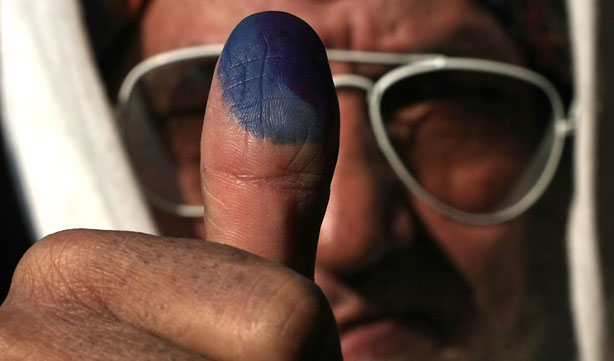
I start from the premise that democracy is not only that form of government in which the sovereign power resides in the people as a whole and is exercised directly by them, I assume that democracy is more than that: a universal value based on the right of people to have full involvement in the different aspects of their lives as well as their right to be entitled to determine their economic, political, economic, social and cultural systems. So, what is the impact of voting to democracy?
Unquestionably, elections sit at the heart of democracy, making it possible for people to express themselves in an act of self-determination. However, elections are not sufficient to have a representative democracy. The idea of voting in and for a democracy presumes that people choose their representatives and that people monitor and review the decisions taken by their representatives.
At the same time, these representatives are held accountable for their decisions. By the end of the political term, if people agree that they have “passed the test”, they might be re-elected. To be able to do that, there must be a transparent electoral process where voters are well informed about the different candidates, their records and political program.
The situation Egypt is going through today is clearly influenced by the fact that Egyptian voters have seen themselves forced to vote for representatives that for them are just the “best of the worse.” These electors feel that their votes have no real meaning because none of the candidates would address their concerns and interests.
In a democratic society, the different candidates should be qualified people who represent and address the entire social spectrum. Candidates who can be trusted, who make realistic promises and have attainable expectations. That is, in order to vote intelligently, voters must be offered a wide range of high quality choices. What is the value of choice if the options available are irrelevant?
In addition to this, all voters with no exception need the security that they will be represented in the coming government. All sectors in society should have a say in the government, especially minority groups. However, if minority groups have been historically excluded from power by different dictators, they will probably expect the same from a “democratically elected government”.
And, if these minority groups feel this exclusion in the current sociopolitical power arrangement, they might continue to take to the streets and protest in an attempt to have their voice heard. Therefore, as long as there are citizens who feel disenfranchised, the voting system will continue to prove malfunctioning.
Powerful, reliable institutions that protect and guarantee rights for all citizens must be built in order to start moving towards an egalitarian society. Democratic elections becoming a counting game is no longer a solution.
WE SAID THIS: Don’t miss “7 Absurd Things that Will Happen Now that the Government Has Resigned“.


